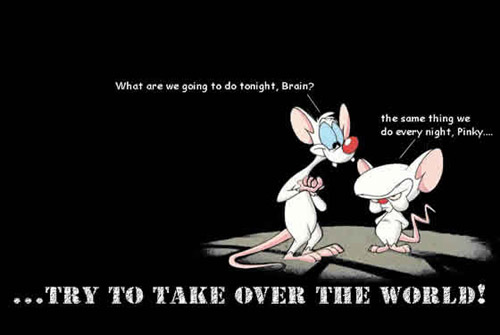So now it is being reported by Reuters, the AP and the London Times that Saddam will be hanged within 24 hours (which means he may already be dead since I'm writing in the States). This is madness; there is definitely a question of due process here (it takes YEARS to execute someone in the U.S.) and there is nothing like making something worse out of a bad man: a martyr. The U.S. has handed over custody of Saddam to the Iraqi government, and handed over any vestiges of sanity as well. In a time when it is imperative for Baghdad to be pacified by negotiations, by jobs for angry young men, by a strong and able government, hanging Saddam is a good idea? This action does nothing but illustrate how weak the government of Iraq actually is; rather than working on the real problems, it creates more for itself. It doesn't take a rocket scientist, or for that matter the foot soldier on the ground, to realize that all hell is going to break loose--if not immediately, then it will be dished out in small, but deadly, doses--against Shiites, against the Iraqi government, and especially against American forces since they are perceived by many Iraqis as helping "rig" the trial.
I am no supporter of the man--he was a tyrant, he was a killer, and he involved his country in horrible wars--but his crimes never took the toll that the present war has. There was at least a society, and there was law and order. Now, Iraq is chaos, death and stripped of any civilizing force, basic services such as electricity and water, and its government (such painfully obvious irony!) is holed up in one of Saddam's old palaces, suffering none of the deprivations of the average person in Baghdad. "Democracy is messy" . . .indeed!



